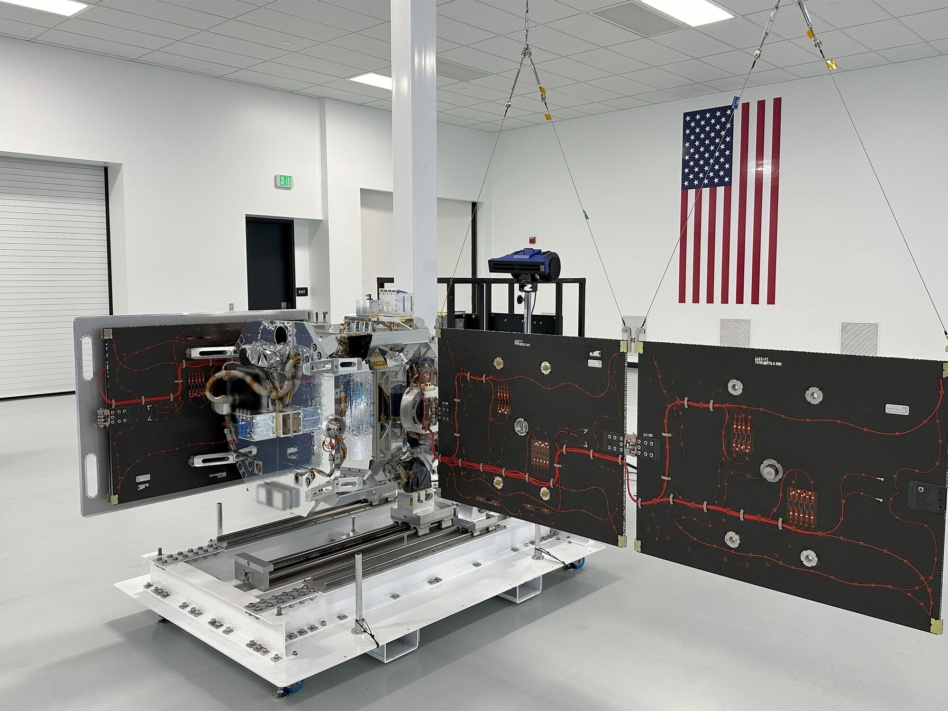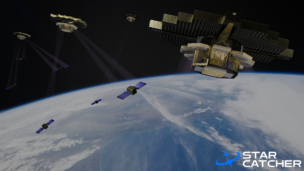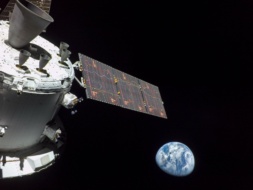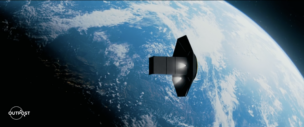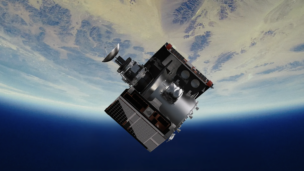Rocket Lab and True Anomaly will square off in orbit next year under a demo mission funded by the Space Force, the two companies said yesterday.
The joint rendezvous and proximity operations mission, dubbed VICTUS HAZE, is the latest effort from Space Systems Command to demonstrate responsive space operations, where spacecraft are sent to orbit as fast as possible in response to emerging threats.
“How do you make the most credible demonstration of capability as possible?” asks True Anomaly CEO Even Rogers. “You gotta do it with another system up there.”
Go dynamic: The Space Force is pushing to better integrate commercial providers into its operations, and to gather more intel on Chinese and Russian military assets in orbit.
“We must have timely and relevant indications and warnings to help us avoid operational surprise in a crisis where appropriate to take defensive actions,” Space Force chief Gen. Chance Saltzman said last month.
Do the dance: After the True Anomaly and Rocket Lab vehicles are built, they will enter a hot standby phase before being alerted to launch on separate mission profiles. Once in orbit, the two vehicles will attempt to inspect each other at close range.
Planners expect to increase complexity to the point where one vehicle will actively avoid being characterized. The goal isn’t just to demonstrate the technology, but also develop the tactics and procedures for these kinds of missions.
True’s Anomaly: Space Safari, a rapid acquisition office, awarded a $30M contract to True Anomaly, which will also contribute $30M of its own capital to the project. While the launch vehicle was not disclosed, Space Systems Command said it would be a “new launch concept” called “rapid rideshare.”
The award follows a failed first demo mission for the company’s Jackal vehicle in March. Rogers called that a “risk-reduction effort,” and expects two more prototypes to reach orbit before VICTUS HAZE launches next year. The largest design change, Rogers said, is in the vehicle’s propulsion system.
Constellation lab. Rocket Lab, meanwhile, received a $32M contract from the Defense Innovation Unit for its demonstration. While the company has built a variety of spacecraft, this is its first vehicle designed for RPO operations. The design is based on the Pioneer satellite bus most recently used to carry Varda’s orbital manufacturing demonstration, which Rocket Lab is producing in constellation numbers for customers including Viasat.
This will also be Rocket Lab’s first end-to-end mission—rapidly developing a spacecraft, licensing it, launching it and operating it as a turnkey service for the DOD. Richard French, a senior director on the company’s space systems team, told Payload the company views the mission as a key way to demonstrate its responsive space capabilities.
